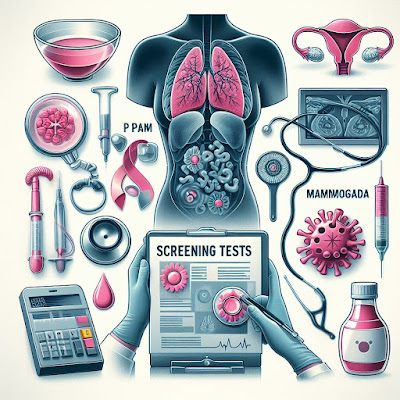Introduction: Unveiling the Heroes of Healthcare
In the intricate web of healthcare, healthcare providers stand as the unsung heroes, dedicated to the well-being of individuals and communities. In this comprehensive blog post, we embark on a journey to explore the multifaceted role of healthcare providers, shedding light on their diverse specialties, responsibilities, and contributions to the healthcare landscape. Join us as we celebrate the invaluable work of healthcare providers and delve into the various aspects of their profession.
 |
| Healthcare Providers |
Defining Healthcare Providers: Who Are They and What Do They Do?
Healthcare providers encompass a broad spectrum of professionals who deliver medical care and support services to patients across different settings. From physicians and nurses to allied health professionals and support staff, healthcare providers collaborate as a cohesive team to deliver comprehensive care that addresses the physical, emotional, and social needs of patients. Their roles may vary based on their specialties, qualifications, and areas of expertise, but their shared commitment to healing and compassion unites them in their mission to promote health and alleviate suffering














